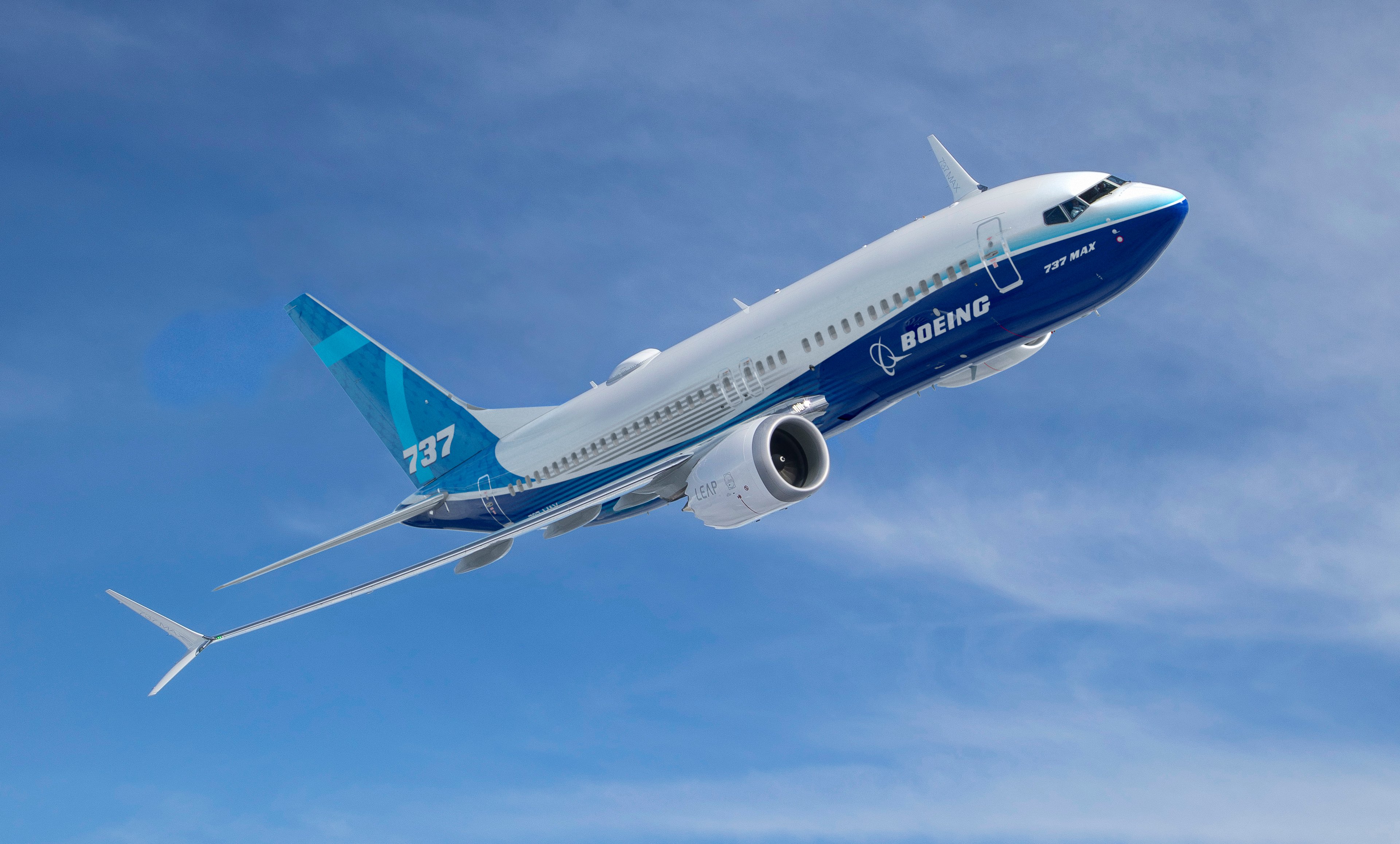Shares of Boeing (BA +0.01%) hit a multiyear high this week, rising a cent below $100 for the first time since 2007. Since the beginning of the 2013, Boeing stock has performed about twice as well as the S&P 500, gaining more than 30%. Usually a period of such strong stock price growth indicates excellent performance, but in Boeing's case the first quarter of 2013 has seemed like one disaster after another as the company races to put out fires, both figurative and literal. So why is the stock doing so well? And is this performance sustainable?

Photo: Spaceaero2 via Wikimedia Commons
If you looked at the headlines alone, you could be forgiven for assuming Boeing's stock would be down in the dumps. Boeing's 787 Dreamliner, the most technologically advanced jet in the world, suffered a series of mishaps in December and early January, which Boeing CEO Jim McNerney initially dismissed as "squawks," until battery fires led regulators worldwide to ground the global Dreamliner fleet for months, forcing airlines to cancel their Dreamliner flights and preventing Boeing from making new deliveries. Only in the past few weeks have regulators approved Boeing's fix, and the worldwide 787 fleet won't be completely restored to service until June -- nearly half a year spent idle. Estimates for how much airlines lost during this time ranges in the hundreds of millions of dollars, and the airlines will be looking to Boeing for compensation.
The problems with the Dreamliner were Boeing's most public, but they were far from the only ones. In February, Boeing also skirted dangerously close to a potential disaster when its engineering and technical employees' union authorized a strike. This move came after months of bitter and divisive negotiations, which Boeing's management kicked off with a compensation plan offer considerably worse than the previous contract. Management eventually got the pension reforms it was seeking, but not before dealing some blows to employee morale.
Boeing was also affected when the package of federal spending cuts called sequestration took effect in March. While Boeing is most famous for commercial passenger jets, the company is still one of the world's largest military contractors, and in 2012 Boeing derived about 40% of both revenue and earnings from its defense, space, and security segment. Boeing's largest customers for this segment are the U.S. military and other federal agencies, all of whom will see budget cutbacks over the coming years. Between the sequestration, the Budget Control Act of 2011, and other debt-fighting measures, American defense spending is set to fall nearly $100 billion in 2013 from 2010 projections, with legislators calling for tens or even hundreds of billions more in cuts over the next decade. While Boeing is cushioned by a $70 billion order backlog in its defense segment, one might expect the shrinking defense market to eventually hurt the bottom line, as well as Boeing's stock.
Boeing stock has marched relentlessly upward over the year, however, and there's an odd pattern to it. The stock doesn't seem to get punished badly for failures, yet it pops on goods news as if the company were a beaten-down value play. For instance, in the three weeks after the Jan. 16 grounding of the global Dreamliner fleet, Boeing stock underperformed the market by only about 325 basis points, virtually flat. On Feb. 7, however, Boeing was given approval to begin test flights, and signs of progress were in the news every week until the first commercial flight of the 787 on April 27, a period during which Boeing stock spanked the S&P 500 by a factor of four, gaining 22% to just 5%.
This outperformance was not propelled by tangible cash flow or revenue growth: Since no Dreamliners -- which list at more than $200 million per plane -- could be delivered while grounded, Boeing could not book sales of these big-ticket planes. This led revenue to tumble 15% over the first quarter. Earnings growth was strong -- 11% over the quarter -- but that doesn't match the 30% rise that the stock has enjoyed in 2013. One figure that has risen rapidly along with Boeing's shares is the company's price-to-earnings ratio. As investors continue to bid Boeing stock higher, the P/E ratio has surged 22% in 2013 to more than 18:

That indicates that investors are expecting stronger earnings growth from Boeing in the future. It's true that its order backlog just keeps growing, adding $2 billion in the first quarter of 2013 and $18 billion since 2012 to sit at a mind-boggling $392 billion today. However, Boeing is not the kind of company that can easily raise supply to meet demand. Modern jets are tough things to build, and Boeing is increasing production rates slowly and conservatively. Even at projected production rates, today's backlog will take a decade to work through, not a quarter or two. Bringing down the cost of building the planes also won't help the bottom line over the next several years, because Boeing has already taken planned efficiency gains into account when estimating the total cost of a production block.
Boeing has a bright future ahead of it if it executes well on its production increases and cost reductions, but with a sales backlog several years long and a fairly predictable best-case production scenario, it seems unlikely to me that Boeing could deliver a financial performance to match its current valuation. The stock is priced above market expectations and above Boeing's own five-year average, while the company's dividend yield is a third lower than its recent average.
Though it's priced for the best, Boeing stock will fall back to earth if the company faces another execution problem that prevents it from hitting its production goals. With several complex planes to be produced in the near future, including a redesign of the 777 and a new variant of the 787, Boeing has plenty of opportunities to stumble. I would wait for such a pullback before buying the stock.
What do you think? Could Boeing beat expectations and deliver surprise growth in earnings? Tell us how in the comments section below.






